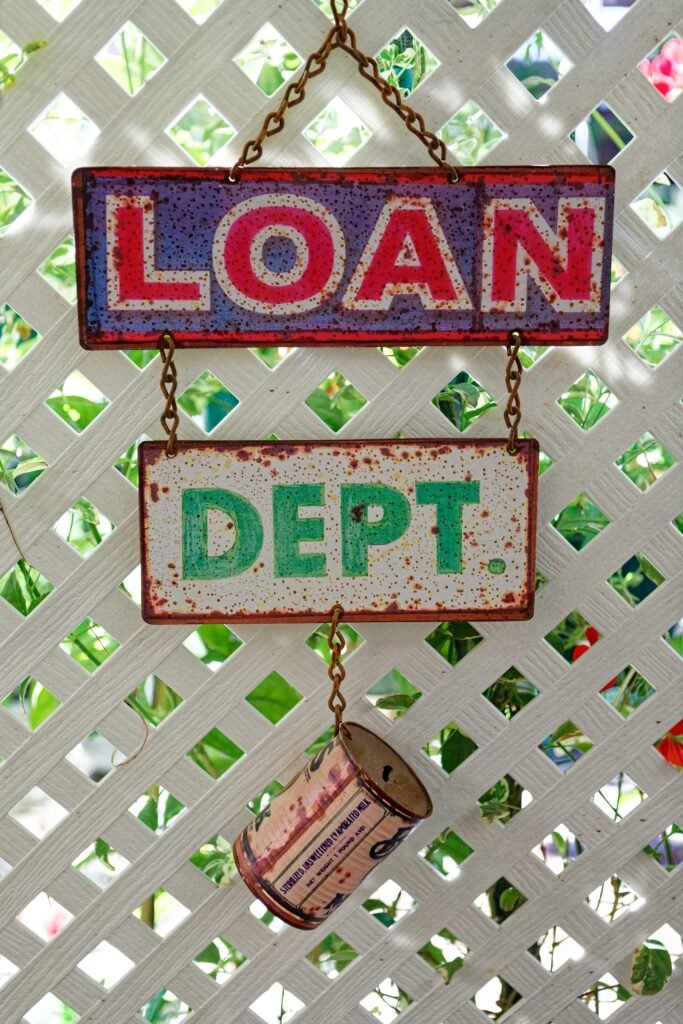
What You Need to Know About Quick Loans
When unexpected expenses arise, it can be challenging to find the funds to cover them. This is where quick loans come in handy. A quick loan is a type of short-term borrowing that allows you to access funds quickly and conveniently. Whether you need to cover medical bills, car repairs, or any other urgent expenses, a quick loan can provide you with the financial assistance you need.
How Do Quick Loans Work?
Quick loans are designed to provide borrowers with fast access to cash. The application process is typically straightforward, and you can usually complete it online. Here’s how quick loans work:
- Application: Start by filling out an online application form. You will need to provide personal information such as your name, address, employment details, and income.
- Approval: Once you submit your application, the lender will review it and assess your eligibility. They will consider factors such as your credit score, income, and employment stability.
- Loan Offer: If your application is approved, the lender will provide you with a loan offer. This offer will include details such as the loan amount, interest rate, repayment terms, and any applicable fees.
- Acceptance: If you are satisfied with the loan offer, you can accept it by signing the loan agreement. Make sure to read the terms and conditions carefully before signing.
- Funds Disbursement: Once you have accepted the loan offer, the lender will disburse the funds to your bank account. The timing of the disbursement will vary depending on the lender, but it is usually within a few business days.
- Repayment: You will need to repay the loan according to the agreed-upon terms. This typically involves making regular payments over a specified period. It’s essential to make your payments on time to avoid any additional fees or penalties.
Benefits of Quick Loans
Quick loans offer several advantages that make them an attractive option for those in need of immediate funds. Here are some of the benefits of quick loans:
- Speed: As the name suggests, quick loans provide fast access to cash. The application process is streamlined, and funds are often disbursed within a short period, making them ideal for emergencies.
- Convenience: Quick loans can be applied for online, allowing you to complete the process from the comfort of your own home. This eliminates the need for in-person visits to a bank or lender.
- Flexible Repayment Options: Depending on the lender, you may have the option to choose a repayment plan that suits your financial situation. This flexibility can help you manage your repayments effectively.
- No Collateral Required: Most quick loans are unsecured, meaning you don’t need to provide collateral such as a house or car to secure the loan. This reduces the risk on your part.
- Accessible to All Credit Types: Quick loans are available to individuals with all types of credit scores. Even if you have a less-than-perfect credit history, you may still be eligible for a quick loan.
Things to Consider Before Applying for a Quick Loan
While quick loans can be a convenient solution in times of financial need, it’s important to consider a few factors before applying. Here are some things to keep in mind:
- Interest Rates: Quick loans often come with higher interest rates compared to traditional loans. Make sure you understand the interest rate and how it will impact your repayment amount.
- Repayment Terms: Take the time to review the repayment terms and ensure they are manageable for your financial situation. Consider factors such as the loan duration and the frequency of payments.
- Additional Fees: Some lenders may charge additional fees, such as origination fees or early repayment fees. Be aware of these fees and factor them into your decision-making process.
- Borrowing Limitations: Quick loans typically have lower borrowing limits compared to long-term loans. Consider whether the loan amount will be sufficient for your needs.
- Financial Stability: Before taking on any loan, assess your financial stability and ability to repay the borrowed amount. Ensure that you have a plan in place to meet your repayment obligations.
Alternatives to Quick Loans
If quick loans are not the right fit for your financial situation, there are alternative options you can consider:
- Personal Loans: Personal loans offer a more extended repayment period and lower interest rates compared to quick loans. They are ideal for larger expenses or when you need more time to repay the borrowed amount.
- Credit Cards: If you have a credit card, you can use it to cover unexpected expenses. However, be mindful of high interest rates and ensure you can make timely repayments.
- Savings: If possible, tapping into your savings is a cost-effective way to cover urgent expenses. Building an emergency fund can provide a financial safety net for unexpected situations.
- Family and Friends: If you have a support system, consider reaching out to family or friends who may be willing to lend you money without interest or with more flexible repayment terms.
Conclusion
Quick loans can be a useful tool for managing unexpected expenses and financial emergencies. They offer fast access to cash and a convenient application process. However, it’s essential to carefully consider the terms and conditions of the loan before applying. Make sure you understand the interest rates, repayment terms, and any additional fees. If quick loans don’t align with your financial goals, explore alternative options such as personal loans, credit cards, or utilizing your savings. Remember to borrow responsibly and only take on loans that you can comfortably repay.
